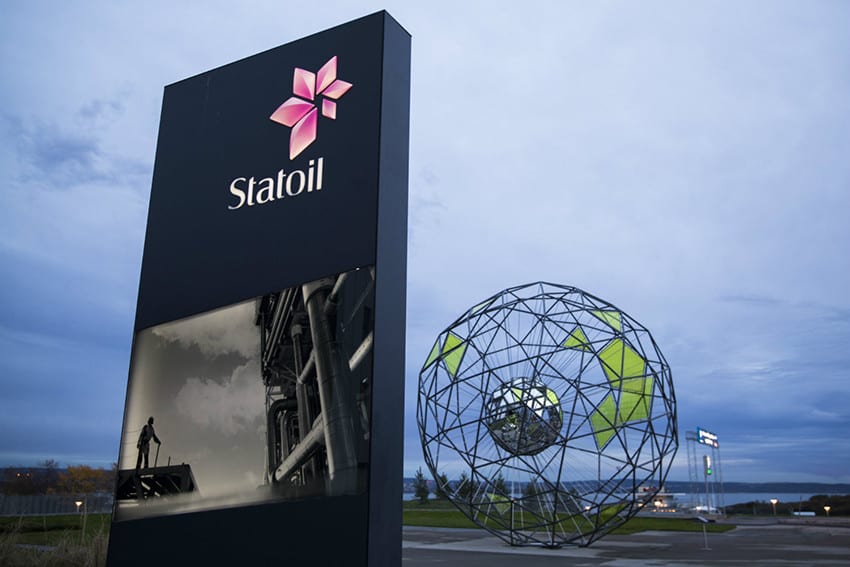(Reuters) – Norway’s Statoil said on Thursday it would change its name to Equinor, saying this would reflect its commitment to be a broad energy company rather than one just focused on oil.
In a video posted on social media, Statoil presented the switch as a way to show its determination to develop investments in renewable energy.
Reactions by various social media users were mixed.
“Equinor sounds like a princess on a horse in Game of Thrones,” said one Twitter user. “Equi” is the genitive singular in Latin for “horse”.
Others liked the change. “Congratulations on an exciting name change. The green shift is happening faster and faster. Norway must be a part of it. Good luck with the process,” tweeted Norwegian Culture Minister Trine Skei Grande.
Equinor is a combination of “equi”, the starting point for words like equal, equality and equilibrium, and “nor” for Norway, the company said.
It follows name changes by several other energy firms.
Orsted changed its name last year from DONG Energy, short for Danish Oil and Natural Gas, to rebrand itself as a renewable energy specialist and to court investors keen on green investments, after selling its oil and gas business.
France’s Engie switched from GDF Suez in 2015. GDF was short for “Gaz de France”.
Statoil, which is headquartered in the port city and oil industry hub of Stavanger, has come to symbolize Norway’s rise in the last half-century to one of the world’s richest nations.
The local newspaper Stavanger Aftenblad ran a straw poll asking readers whether they liked the name change, with 1,057 people saying “no” and 232 saying “yes”.
The proposal will be put to the company’s annual general meeting on May 15, but Statoil said it already had the backing of the Norwegian state, which has a 67 percent stake.
“The decision reflects that Statoil is developing itself into a broad energy company in line with global developments in the energy sector,” Oil and Energy Minister Terje Soeviknes told Reuters.
Statoil said it expected to invest 15 to 20 percent of capital spending by 2030 in what it calls new energy solutions.
“Reflecting on the global energy transition and how we are developing as a broad energy company, it has become natural to change our name,” Statoil CEO Eldar Saetre said in a statement.



